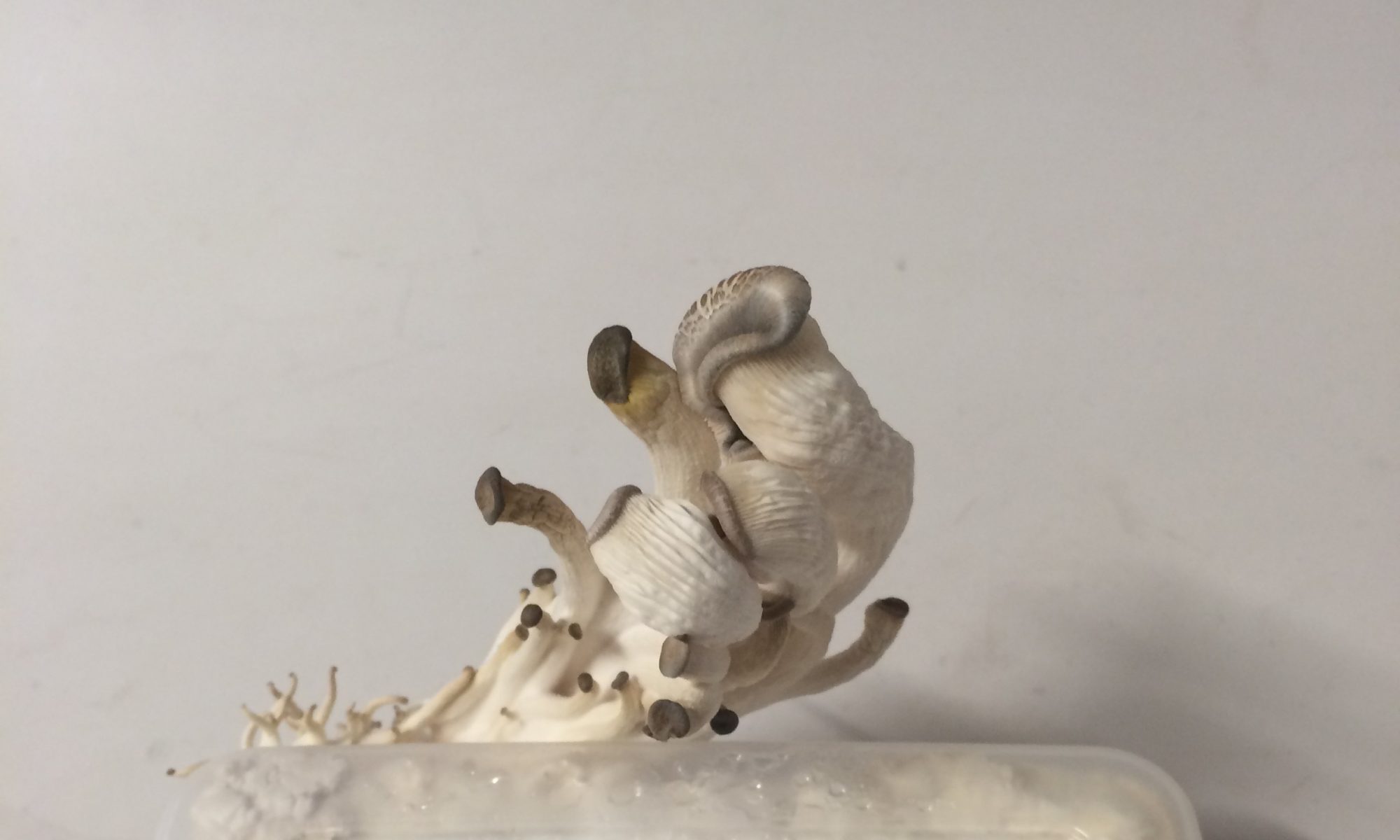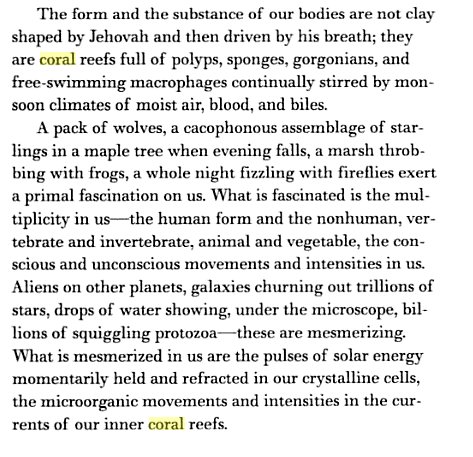Apropos nothing except looking in depth at Victorian naturalists, I found this passage by Gosse from a digitized Google Book copy of “The Romance of Natural History” (1863)
Gosse’s use of the “you” seems more choose-your-own-adventure than Victorian nature narratives. He declares in the preface that he’s taken an aesthetic approach, and while he denies poet genius, he feels the compulsion of poetry. What would we do without the weather?
HYENA.
Or would you see the hyena, where he feels most at home, surrounded by scenes and circumstances most congenial to his habits? Then plod your weary way still further across the sands, and pause not till you encamp amid the gorgeous remains of that ancient City of the Wilderness,
” Whose temples, palaces,—a wondrous dream,
That passes not away,—for many a league
Illumine yet the desert.”
There sit down alone amid the ruined fanes lighted up by the setting sun, and watch the approach of night, just at the breaking up of the long dry season. Everywhere around are the remains of the glorious city; walls, and gateways, and columns of polished granite of rosy hue, or of marble that gleams like snow in the bright moonlight; many standing in their desolateness, but many more prostrate and half-buried in the drifted sand. Some of the pillars are but dimly seen in the gloomy shadow of the lofty walls, others stand out boldly and brightly in the soft moonbeams, while here and there a brilliant gleam slants down through the windows of a ruined edifice, and illumines the deep and delicate sculpture of a fallen capital, or spreads over a heap of disjointed stones. Under yon dark and gloomy portal the eye wanders over distant funereal towers crowning the eminences, the noble gateway of the grand avenue, and lines of columns gradually lost in the distance.

But while you gaze, there is a change. The breeze, which had lifted the sand in playful eddies, drops to perfect calmness. Black clouds are collecting over the mountain range that forms the distant horizon. The moon is obscured, and the whole heaven becomes black with tempest. A hurricane suddenly sweeps through the ruined palaces, and fills the whole air with a dense fog of blinding sand. Then a flash of forked lightning shoots between the columns, illuminating them for an instant, and is instantaneously followed by a bursting crash of thunder, which makes the tottering fanes tremble, and huge drops of warm rain, like blood-drops, are spattering the stones. The rain now comes down in one universal deluge, flooding the floors, and pouring off from the old marble platforms in cataracts. Flash follows flash in one continuous blaze of blinding light, bringing out the grim marble towers and pillars against the black clouds of midnight with an awfully sublime distinctness; and crash after crash, and peal after peal of thunder are blending into one uninterrupted roll.
But amidst the deep roar rises from the gaunt heaps of stone an unearthly sound, like the laugh of a demon. Again, the cackling mirth echoes along the ruined halls, as if exulting in the wild war of the elements, and in the desolation around. Lo! from out of yon low arch, in the Place of Tombs, gleam two fiery eyes, and forth stalks into the lightning the fell hyena. With bristling mane and grinning teeth, the obscene monster glares at you, and warns you to secure a timely retreat. Another appears, bearing in its jaws a loathsome human skull, which it has found in the caravan track. You shudder as you hear the bones crack and grind between the powerful teeth, and gladly shrink away from the repulsive vicinity.




